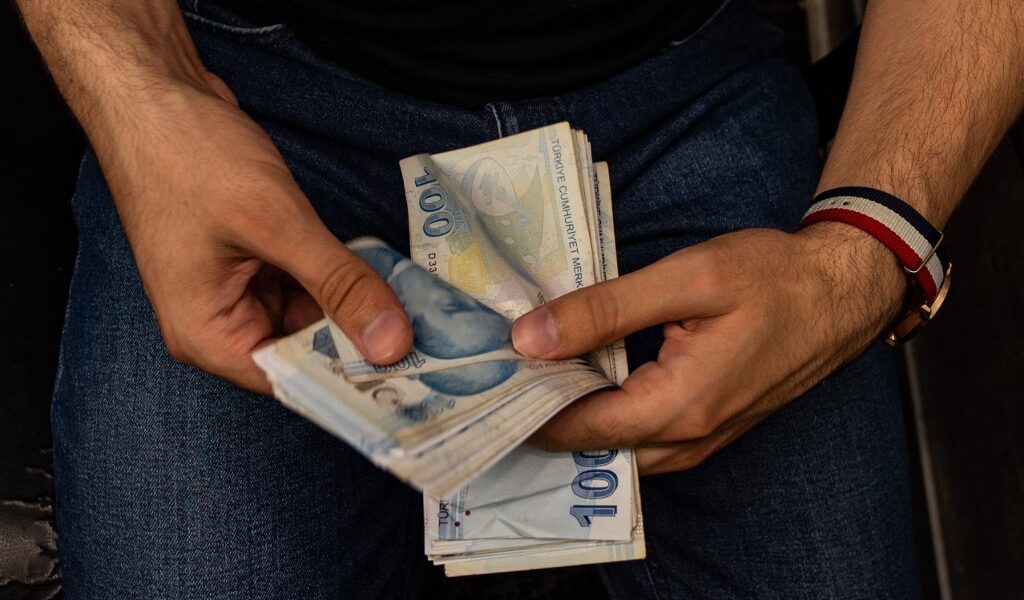Turkey removed from money laundering grey list as Erdogan steps up fight against illicit finance

Turkey was removed from a money-laundering grey list by Paris-based Financial Action Task Force (FATF) on Friday, a decision that could boost the country’s investment outlook.
In a statement during a meeting in Singapore, FATF indicated that Turkey along with Jamaica had been removed from the list after meeting the required conditions.
The government of Turkish President Recep Tayyip Erdogan has since the May presidential elections last year made a U-turn in its economic and monetary policies, switching from his unorthodox policy of low interest rates and high inflationary growth, towards a new focus on attracting foreign direct investment and combatting inflation.
Finance Minister Mehmet Simsek along with the new Interior Minister Ali Yerlikaya have focused on fighting organised crime, illicit money trade, and terrorism funding.
The interior minister in an official statement earlier this month said that authorities have arrested more than 3,000 suspects and confiscated $3.2bn worth of properties during operations against organised crime over the last year. The ministry also arrested 344 suspects that had been subject to Interpol arrest warrants.
The FATF in February said that it made the determination that Turkey had substantially completed its action plan and deserved an on-site assessment to verify the implementation of the reforms.
Sources told Middle East Eye that the on-site visit took place in May in a positive atmosphere, increasing the odds in favour of Turkey.
“This is the biggest achievement by Simsek beyond his mandate on tight fiscal policies, ” said an economist working for an international investment banking company, speaking on condition of anonymity due to restrictions on speaking to the media.
“It wasn’t easy to convince the parliament to ratify such excruciating legal amendments.”
The economist told MEE that the removal from the grey list wouldn’t trigger an immediate change in Turkey’s investment climate. “But it is a positive decision in the middle term for foreign direct investments and investment for the Turkish stocks.”
Many international firms and funds have a rule of not investing in countries placed on the grey list. “It is important for the long-term investors,” the economist added.
An IMF report in 2021 found that the FATF grey-listing could negatively affect a country’s short-term capital inflows significantly, possibly costing approximately $23bn every year for Turkey, according to calculations by the Financial Times.
There are some two dozen nations that are on the grey list and considered risky by the FATF.
In February, the United Arab Emirates was removed from the list.

